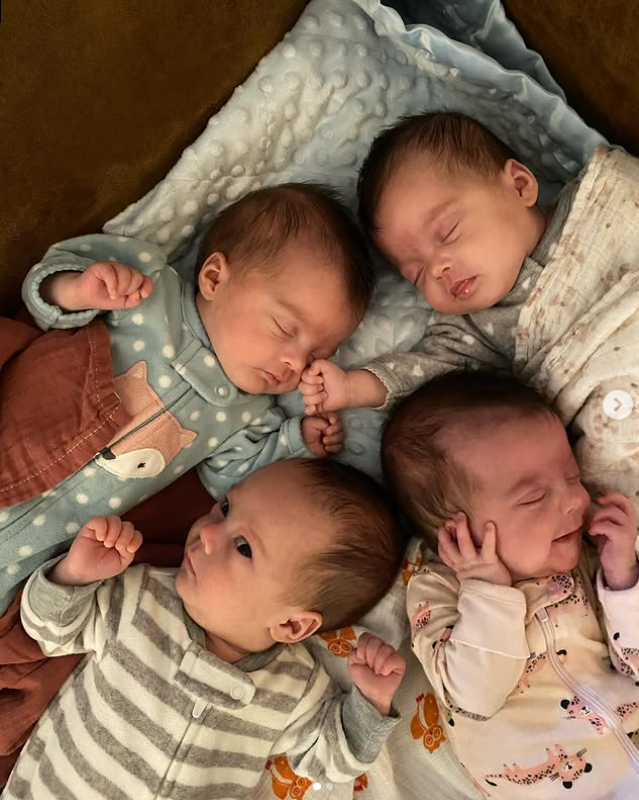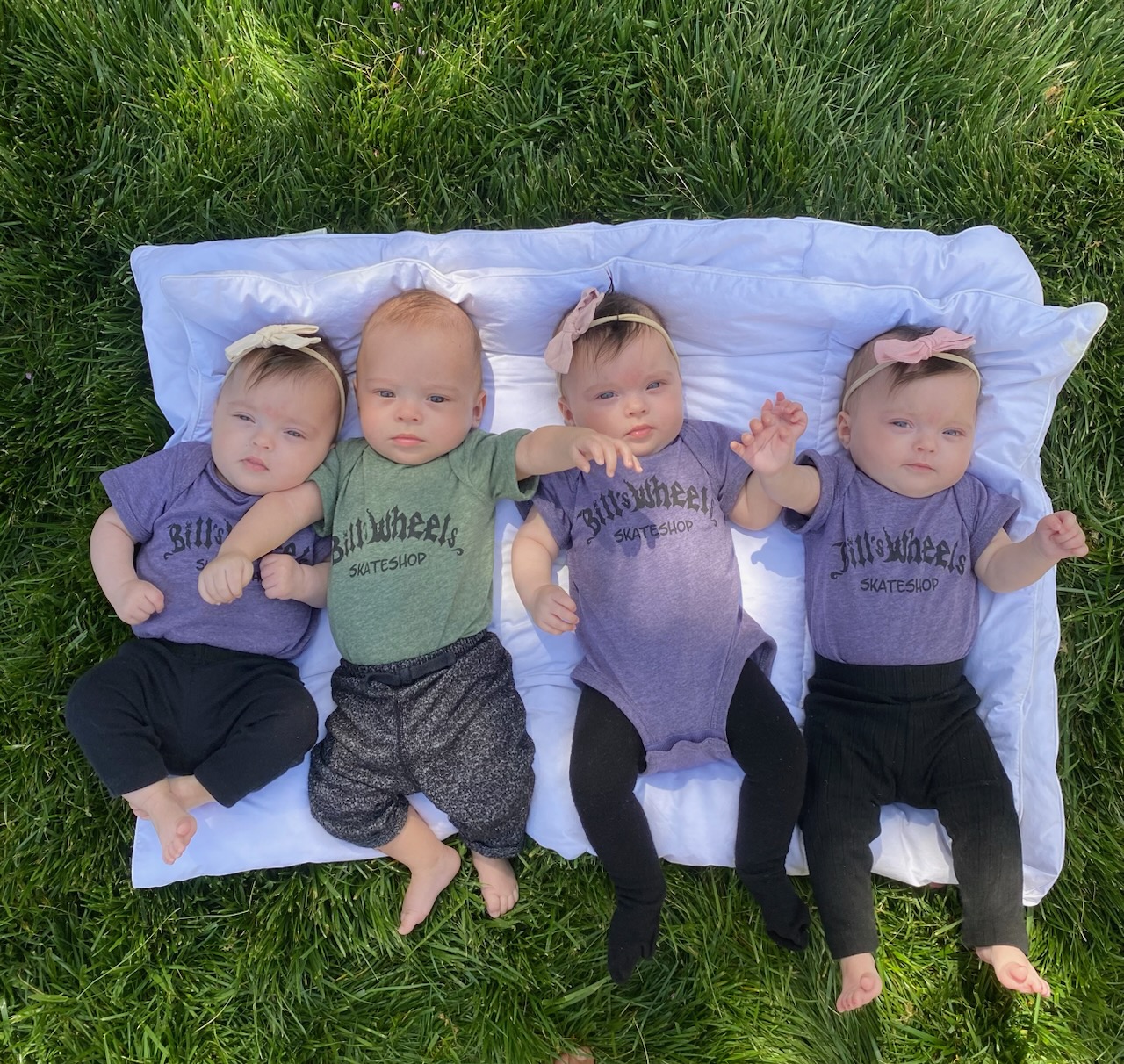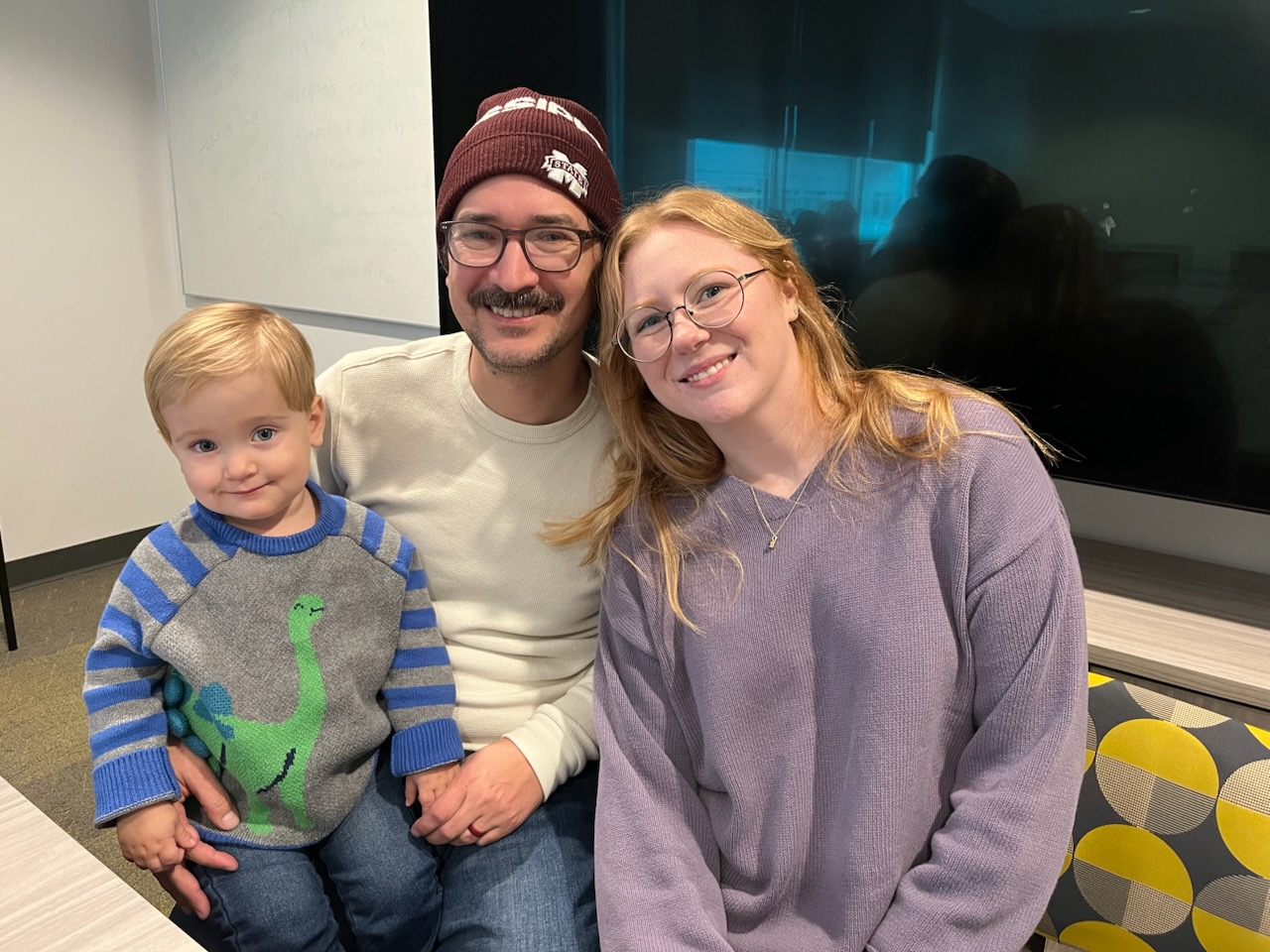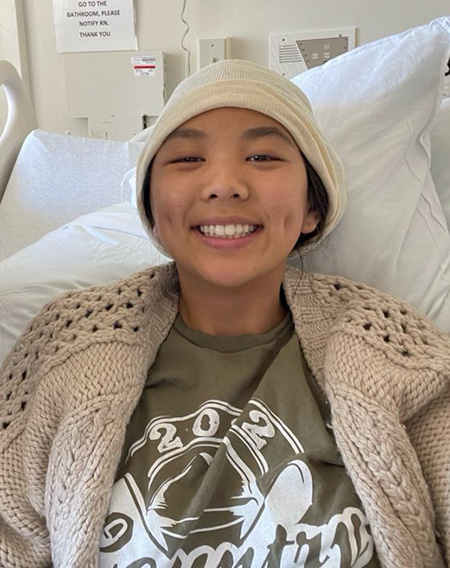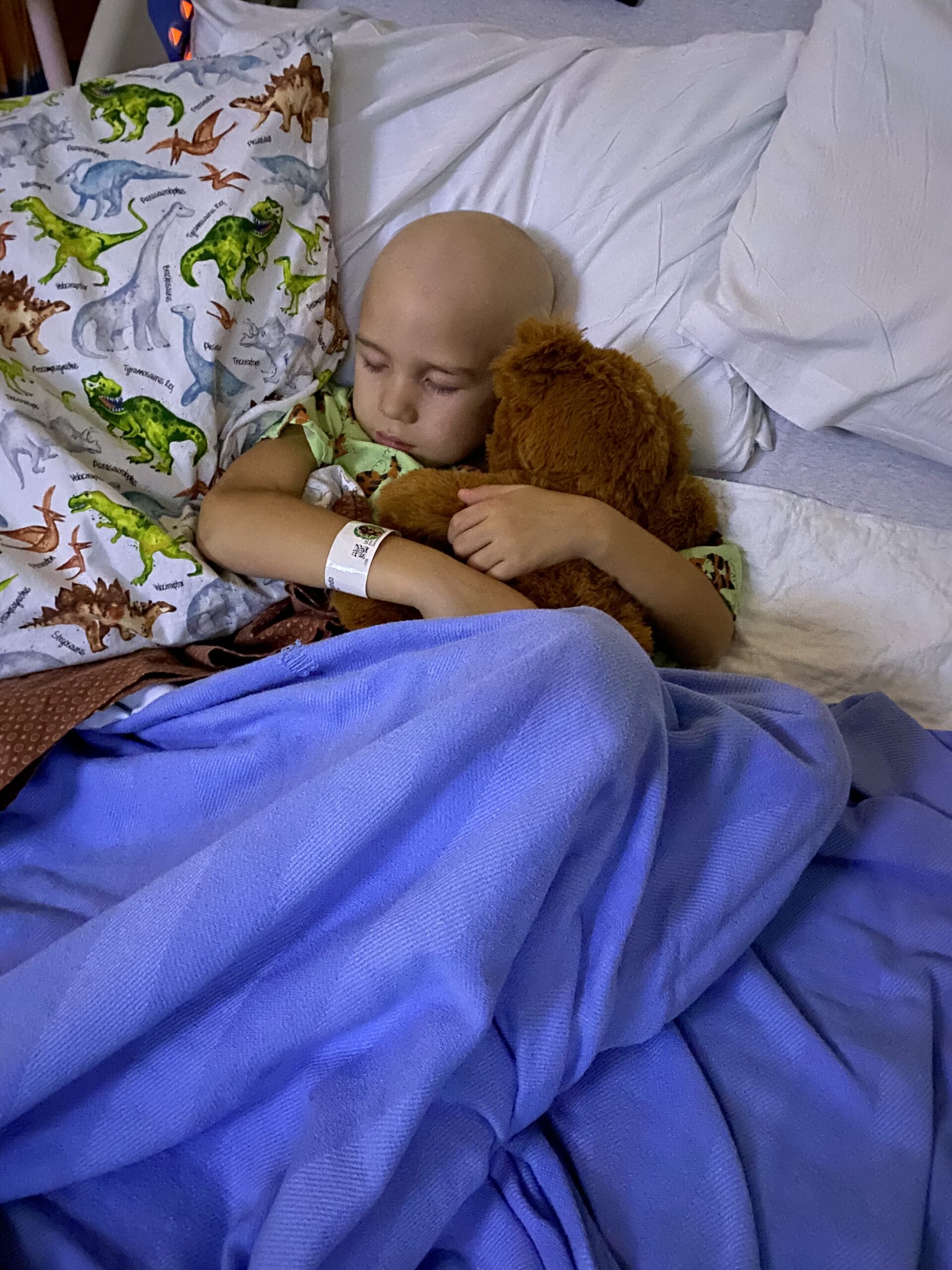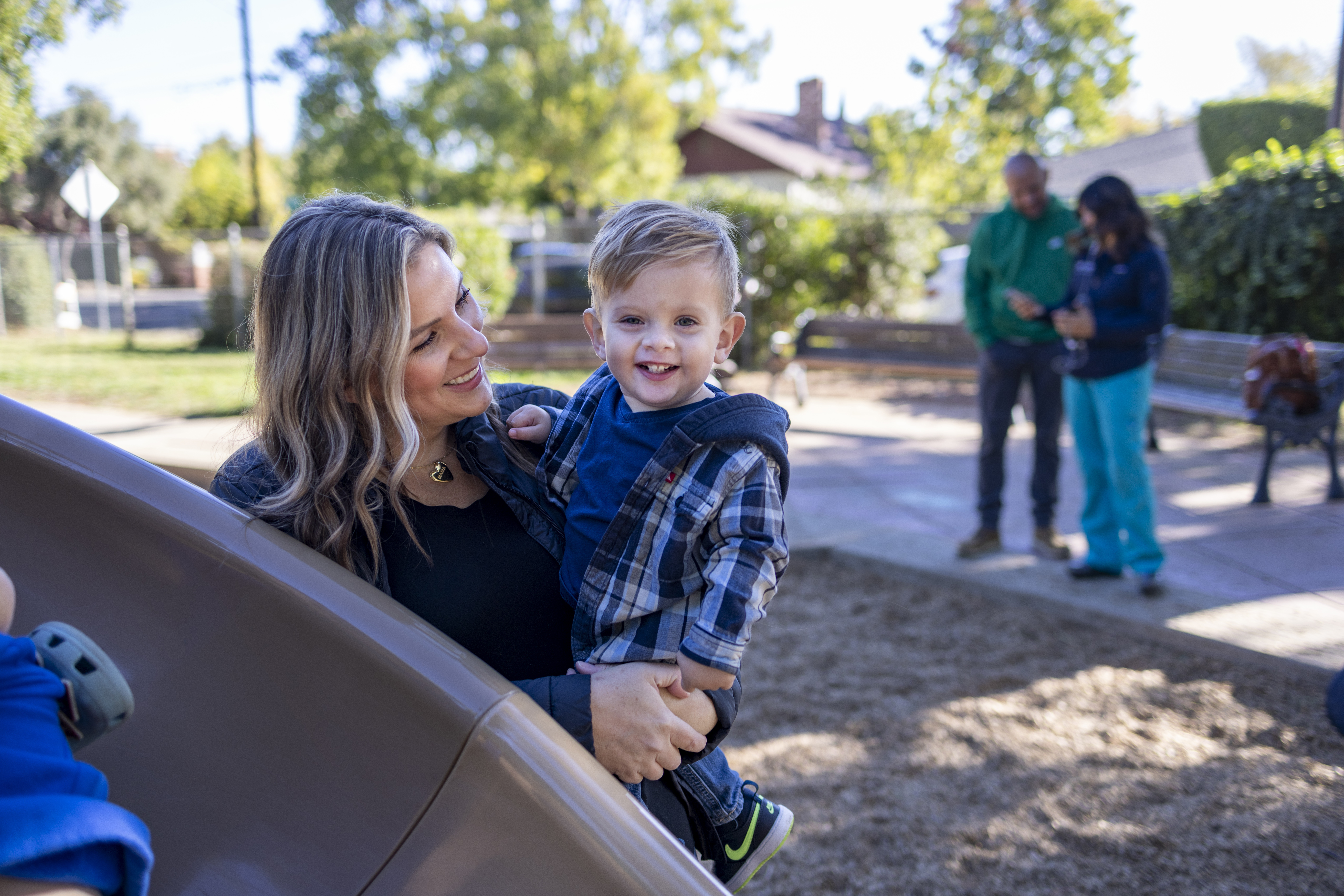Putting your money where the miracles are: Diabetes Incentive Program helps keep kids healthy, happy
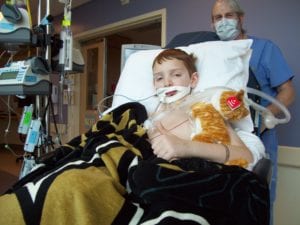
They thought their son Jackson had the flu. But one morning, Mike and Tricia Manning awoke to find him unresponsive. He was rushed to UC Davis Children’s Hospital. It wasn’t the flu. It was undiagnosed Type I diabetes (T1D).
Complications had collapsed his lung. Severe pneumonia set in and Jackson was put on a ventilator. He would spend more than a month in the Pediatric Intensive Care Unit (PICU) , but persevered in his crusade to walk out on his own.
“He’s my hero for pushing through like he did,” said Mike.
But leaving the hospital was just the beginning. A lifelong T1D journey was beginning for Jackson, and that’s where Children’s Miracle Network (CMN) Hospitals donations come in.
Jackson and his family get help navigating the disease through a diabetes incentive program called the A1c Masters Program. The program encourages young patients to take responsibility over managing their diabetes.
“Diabetes is a very taxing chronic disease. Managing diabetes requires daily attention, day in and day out without breaks,” said UC Davis pediatric endocrinologist Nicole Glaser. “Monitoring blood glucose levels and giving multiple insulin injections every day are the keys to successfully managing diabetes, but it can be challenging for young people.”
So in 2015, Glaser and UC Davis pediatric endocrinologist Dennis Styne launched the diabetes incentive program at UC Davis Children’s Hospital.
“We found that patients’ experiences in clinic often felt either neutral (‘You’re doing fine’) or negative (‘You have to do better’). Instead, we wanted the children and their families to feel supported and celebrated for their hard work,” said Glaser.
In the A1c Masters Program, children receive prizes when tests of glucose control (called HbA1c) are in the target range. They also receive prizes for large improvements in glucose control and for testing glucose levels as often as recommended. Other elements have also been added to the clinic experience, like handing out fortune cookies with funny diabetes-related fortunes.
“Our incentive program for the kids in the diabetes clinic has been an amazing success. The kids and parents love it and we’ve seen happy, smiling faces in the clinic for the first time in years,” Glaser said. “Plus, judging from the frequency with which we are giving out prizes, the percentage of children achieving goals is going up and up.”
Click here to support the A1c Masters Program. For more on Jackson’s story, click here.
